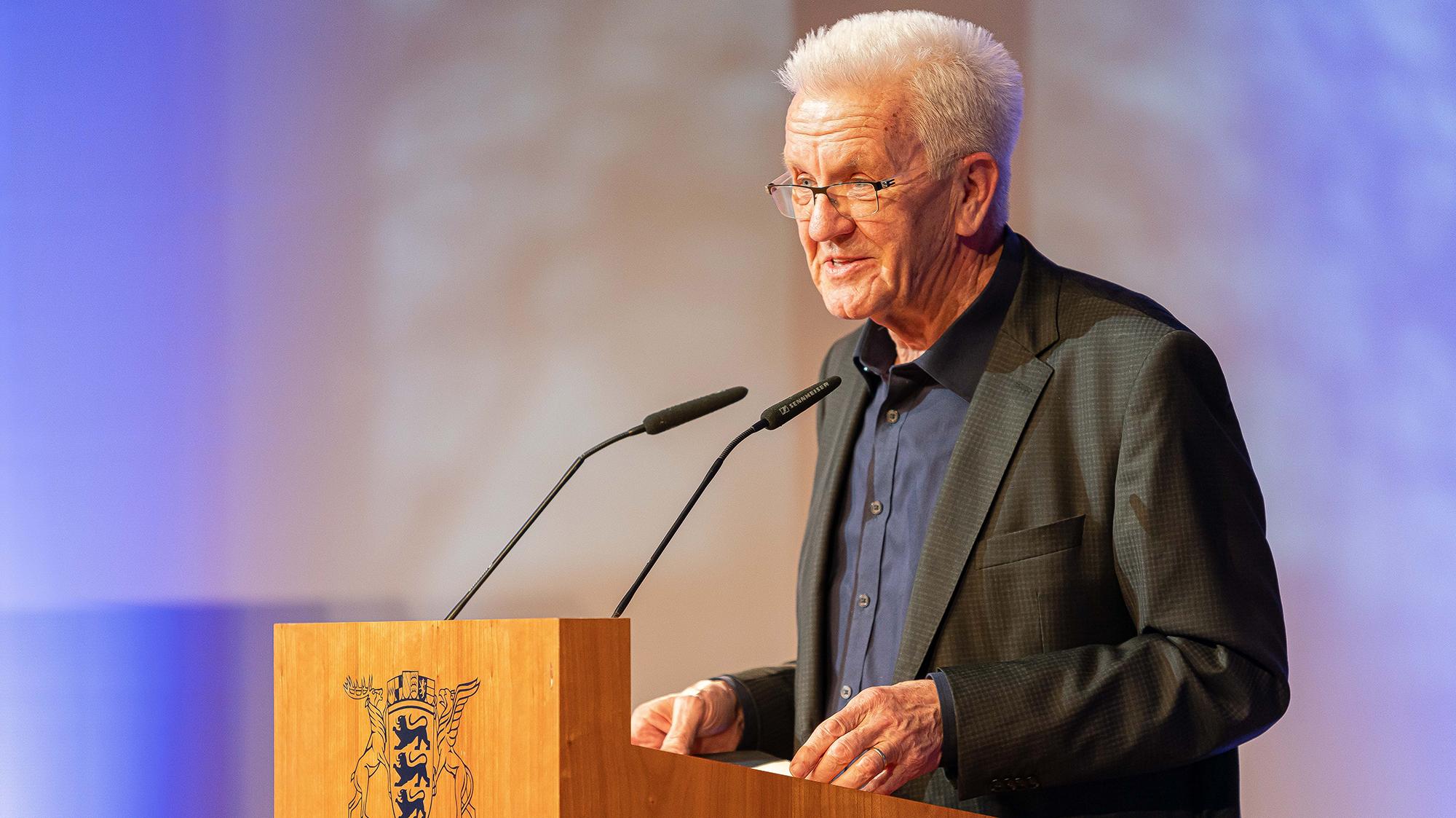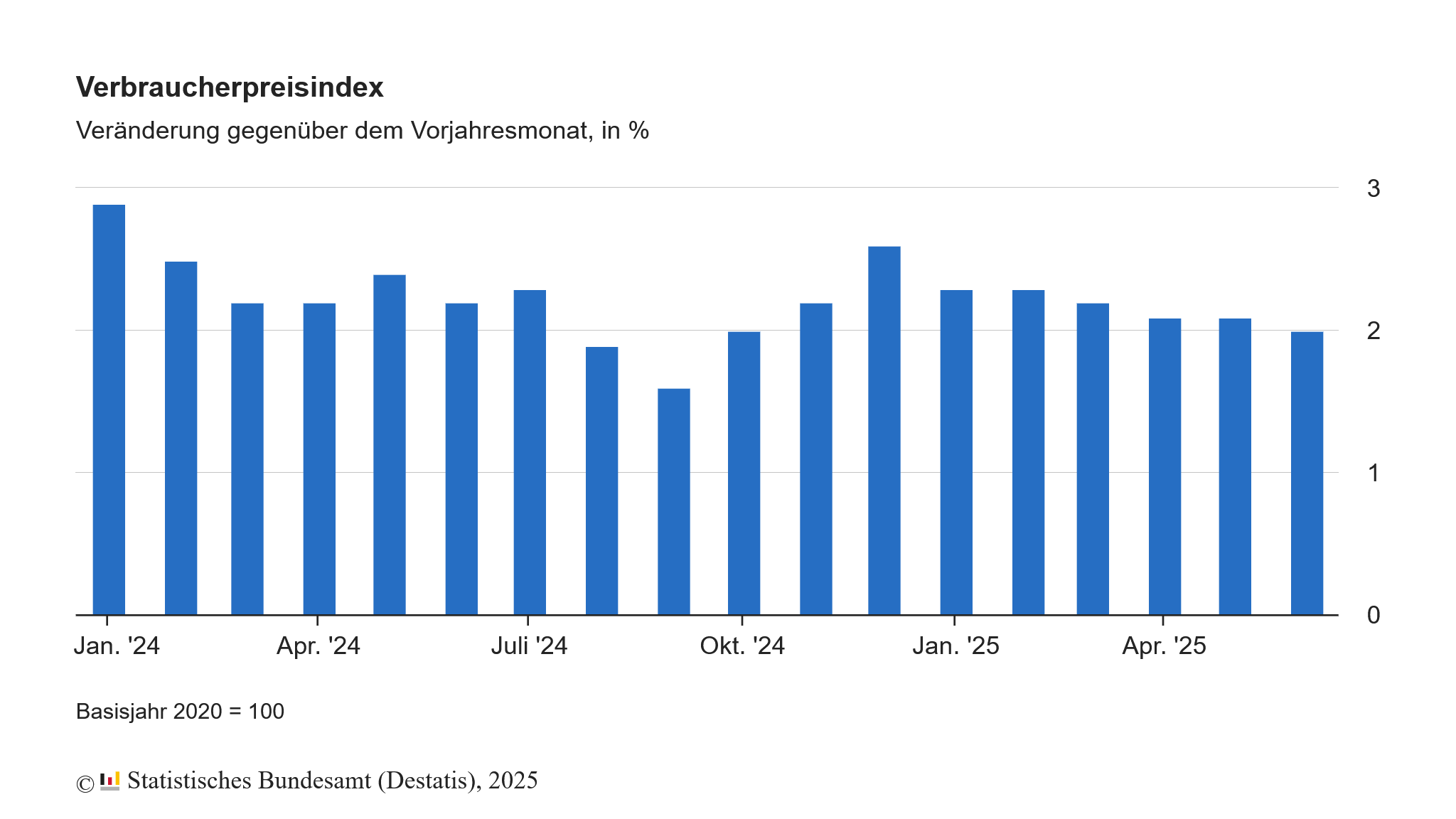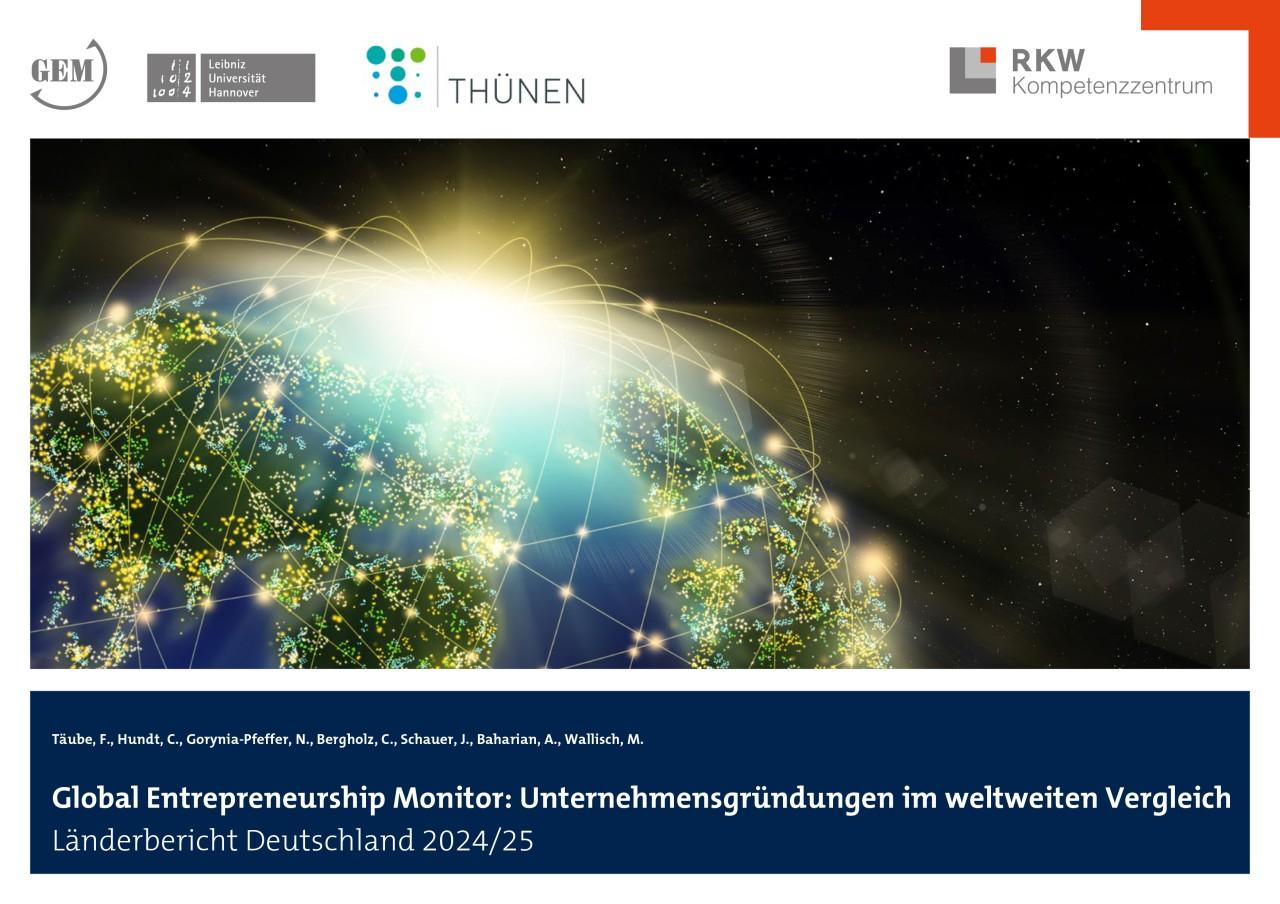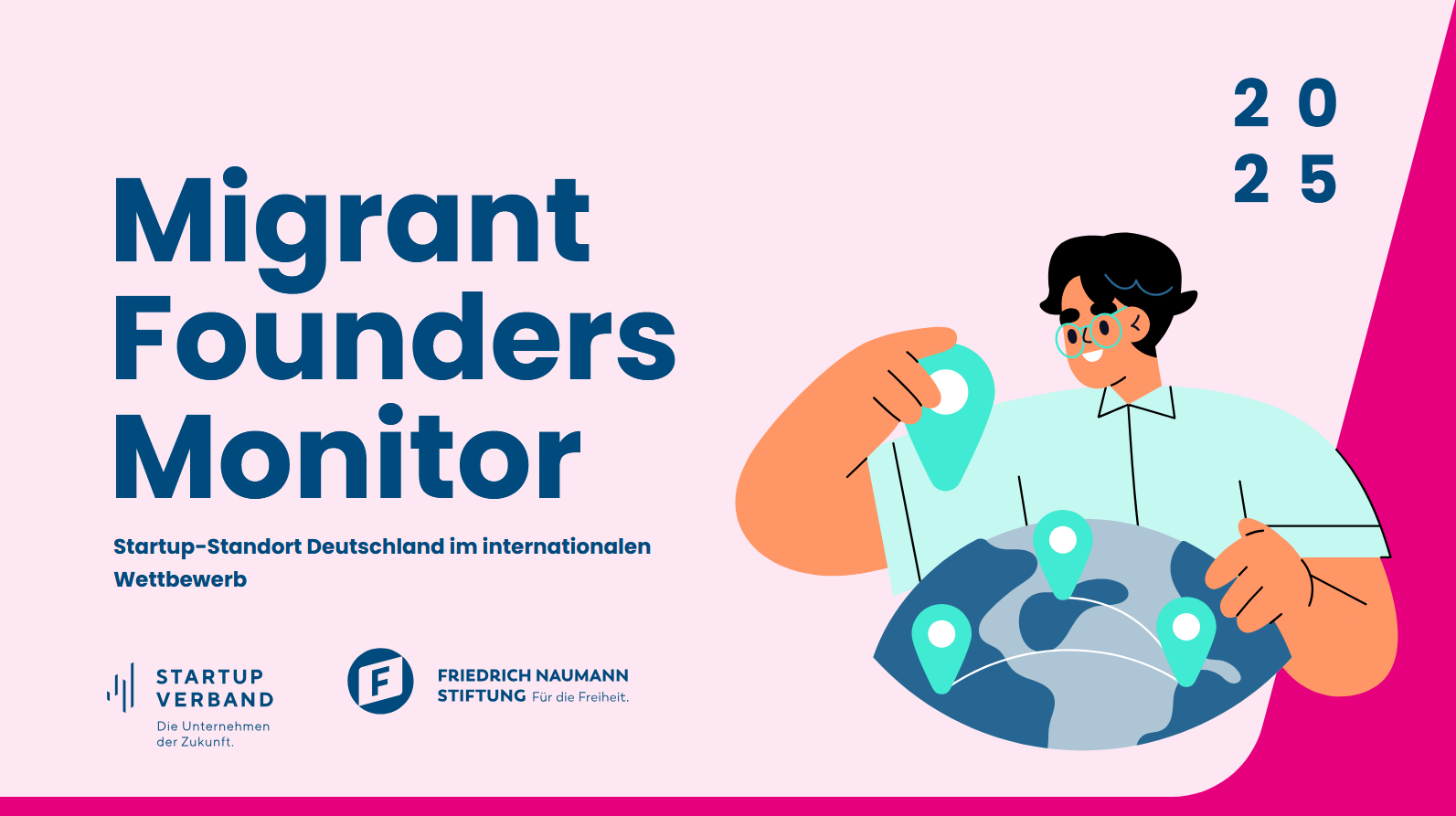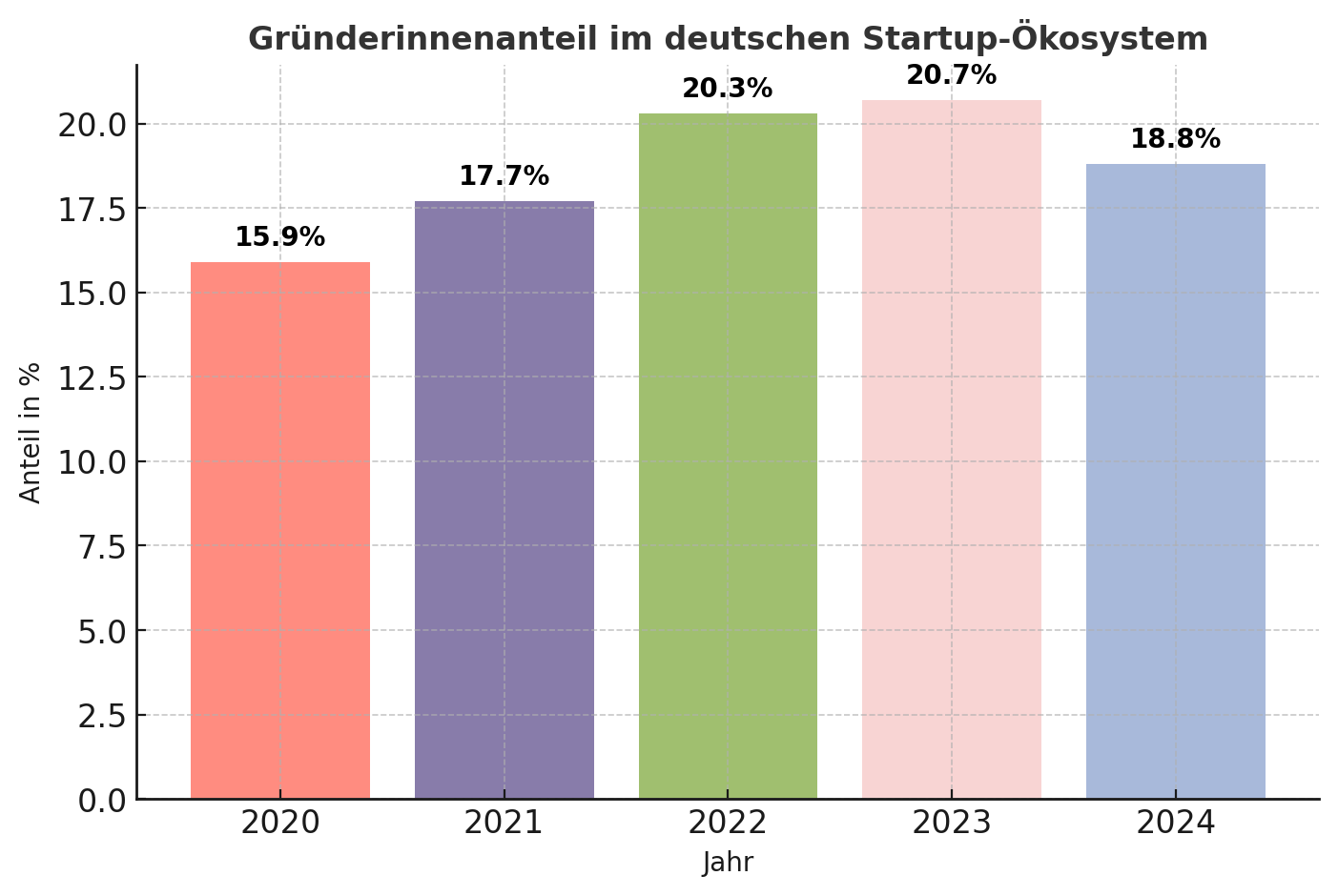Start-ups: This is important in the coalition agreement
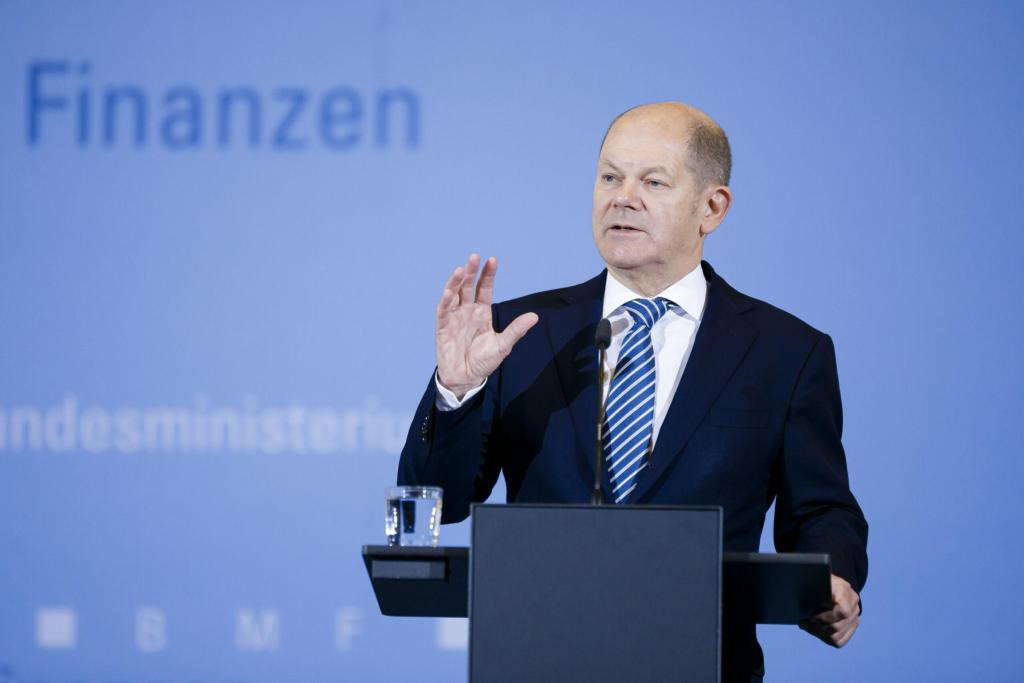
The SPD, Greens and FDP adopt a new strategy for start-ups in their coalition paper. There is encouragement and praise from the scene, but also criticism.
Bureaucratic hurdles, no access to government projects, too many men: the start-up sector has had to deal with many problems in the past. The new federal government wants to change this. After around two months, the SPD, Greens and FDP have presented their 177-page coalition agreement . The document also has a few surprises in store for young companies. "We are adopting a comprehensive start-up strategy," says the coalition government. Startbase has taken a closer look at the coalition agreement. Here is our analysis - and the industry's reactions:
- More money for innovation: The traffic light coalition plans to support start-ups in the fields of artificial intelligence, quantum technology, cyber security, distributed ledger technology, robotics, hydrogen, medicine, sustainable mobility, the bioeconomy and the circular economy in particular.
- Reducing bureaucracy with one-stop stores: In future, the coalition wants to create better contact points for start-up advice, support and registration. According to the agreement, the aim is to enable business start-ups within 24 hours.
- More social justice: More women, more people with a migration background and more social start-ups: according to the coalition, this should soon be possible with the help of grants and funding programs. "A modern corporate culture also includes new forms such as social enterprises or companies with tied assets. We are developing a national strategy for social enterprises in order to provide greater support for social enterprises and social innovation," the agreement states.
- Better access to data and research results: In order to enable new innovative business models and social innovations in digitalization, the traffic light coalition wants to ensure better access to data and research results.
- Better access to money: In future, the paper envisages mobilizing private capital from institutional investors as well as insurance companies and pension funds for start-up financing. This could allow a lot of money that is currently unused to flow into young companies.
- Better access to government projects: "We are enabling simplified, legally secure access to public contracts for start-ups and young companies," promises the coalition agreement. Public tenders are to be made easier, especially for start-ups that can support the state in its agenda or want to improve the education system.
- Strong Kreditanstalt für Wiederaufbau: "KfW is to act more strongly as an innovation and investment agency. The Future Fund for start-ups and financing models for public infrastructure investments are good examples of this," the paper states. The national development bank should receive more money. In addition, the Ampel coalition also wants to cooperate with public development banks such as the European Investment Bank.
Founder Nicolas Scharioth praises points such as a planned improvement in employee participation, better access to public contracts and the quick possibility of founding a company. The mainstream scene heads Frank Thelen and Carsten Maschmeyer are also delighted to be able to launch a start-up in 24 hours.
But there is also a lot of criticism. From the digital association Bitkom, among others. For years, the start-up sector has been calling for lower taxation of employee shares in start-ups and less bureaucracy when issuing company shares in GmbHs. Olaf Scholz did pass a reform at the beginning of 2021 - but it caused more trouble. Some start-ups complained that the former finance minister only raised the tax-free allowance. The new coalition agreement states that "We will make employee share ownership more attractive, among other things by further increasing the tax allowance." However, Bitkom believes: "This can only be a first step towards a comprehensive solution."
The question remains as to how much the government will actually implement. After all, less bureaucracy, more money and better overall framework conditions were already the planned measures under Merkel in 2018, when the grand coalition of SPD and CDU/CSU wanted to implement 25 new measures. However, an analysis by the digital association Bitkom showed that the federal government only actually implemented 15 of the 25 goals. The bar for the traffic light coalition is therefore very low.

Newsletter
Startups, stories and stats from the German startup ecosystem straight to your inbox. Subscribe with 2 clicks. Noice.
LinkedIn ConnectFYI: English edition available
Hello my friend, have you been stranded on the German edition of Startbase? At least your browser tells us, that you do not speak German - so maybe you would like to switch to the English edition instead?
FYI: Deutsche Edition verfügbar
Hallo mein Freund, du befindest dich auf der Englischen Edition der Startbase und laut deinem Browser sprichst du eigentlich auch Deutsch. Magst du die Sprache wechseln?


